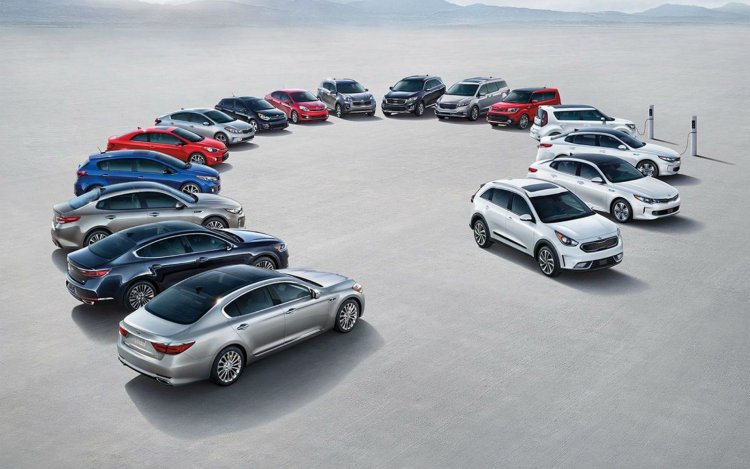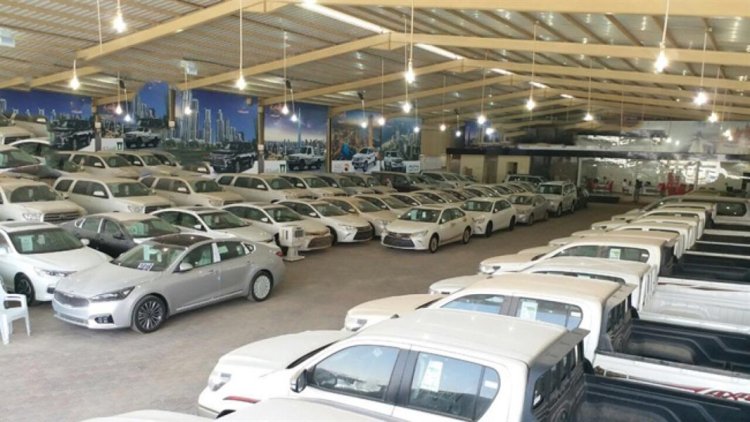Despite the Russian-Ukrainian crisis.. Car sales in Europe rose 11%

EU passenger car sales registrations rose 11.3% year-on-year to 760,041 units in January 2023, the sixth consecutive month of rise.
However, this was largely due to an unusually modest base for comparison in 2022, when the lowest volume on record was reached for January.
• Sales decreased in Germany
According to Trending Economy, the largest increase was in Spain, 51.4%, followed by Italy, 19.0%, and France, 8.8%. In contrast, sales decreased in Germany -2.2%.
Meanwhile, registrations of electric and hybrid passenger cars in the EU continued to grow, accounting for 9.5% and 26.0% of the market, respectively.
• European markets fell in the beginning of trading
Financial markets in Europe witnessed a decline in the beginning of trading today, as investors remained wary about the possibility of further tightening of the central bank's policy to tame inflation, which increases the risks of a recession.

Investors were also looking to data on manufacturing and services activity in the eurozone and the ZEW Economic Sentiment Index, for clues about the region's economic health. DAX and Stoxx 600 futures were down 0.2% in pre-market trading.
• Increased consumer confidence in the euro area
European investors feel that there is continued pressure and fears of rising interest rates in the Eurozone, as investors chose to remain in a risk averse stance ahead of major economic releases this week.
However, preliminary estimates showed that consumer confidence in the Eurozone rose for a fourth month in February.
• combustion cars
Europe has finally decided to abandon combustion cars and impose a new mobility represented in electric cars.
The European Parliament has finally approved the measure banning the sale of petrol and diesel cars from 2035.

• Electric cars
In a few years, electric cars will be cheaper than combustion engine cars.
Europe has 12 years to improve and expand the infrastructure and make sure it is sufficient to be a continent where all car and truck sales are fully 'electric'.
As sales of electric cars soar, Europe is trying to boost its capacity to produce batteries domestically, rather than relying entirely on Asian countries such as China, Japan and South Korea.
Of the 38 projects, 17 have so far received funding estimated to reach $30 billion. The amount is made up of private and public funding, including for example the massive Tesla factory in Berlin, which has received $1.4 billion in German federal and state support.


 Shrouq
Shrouq 












